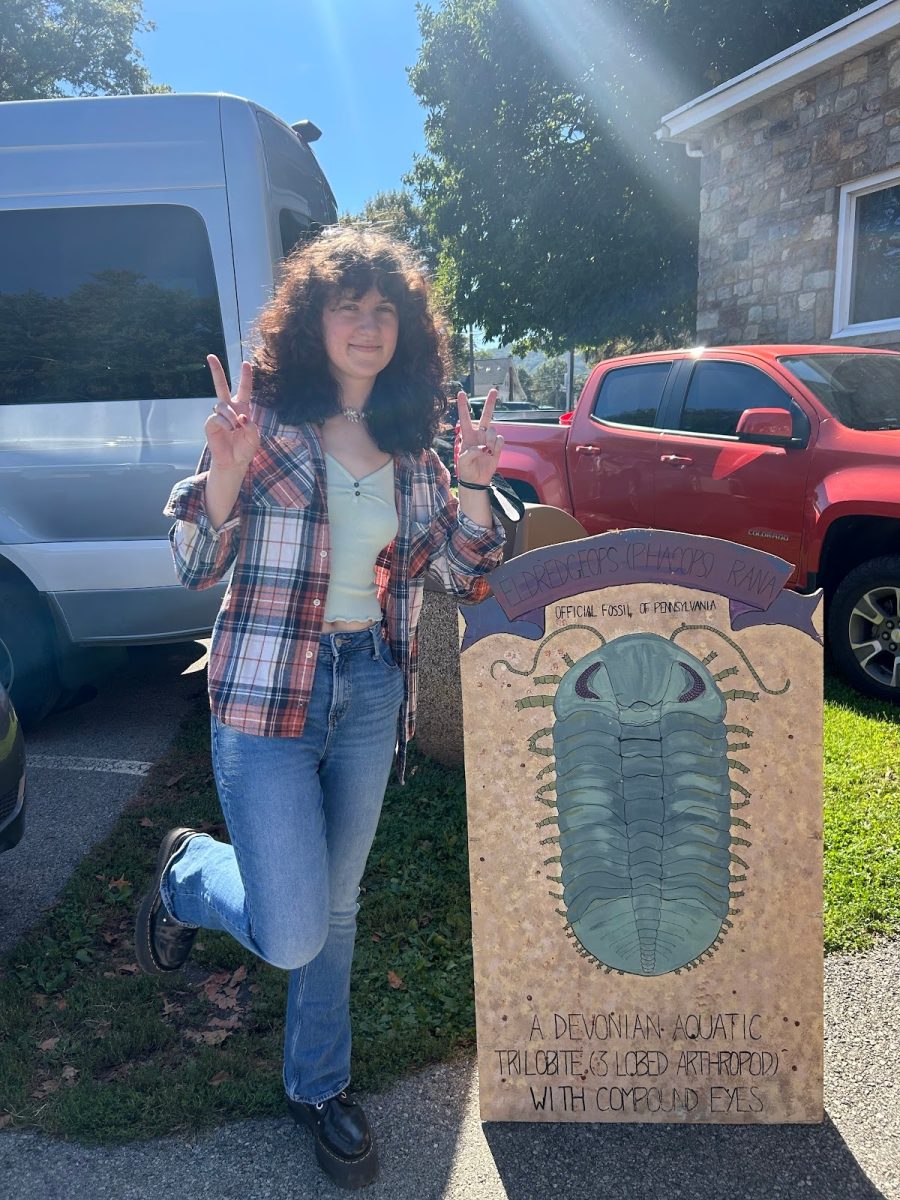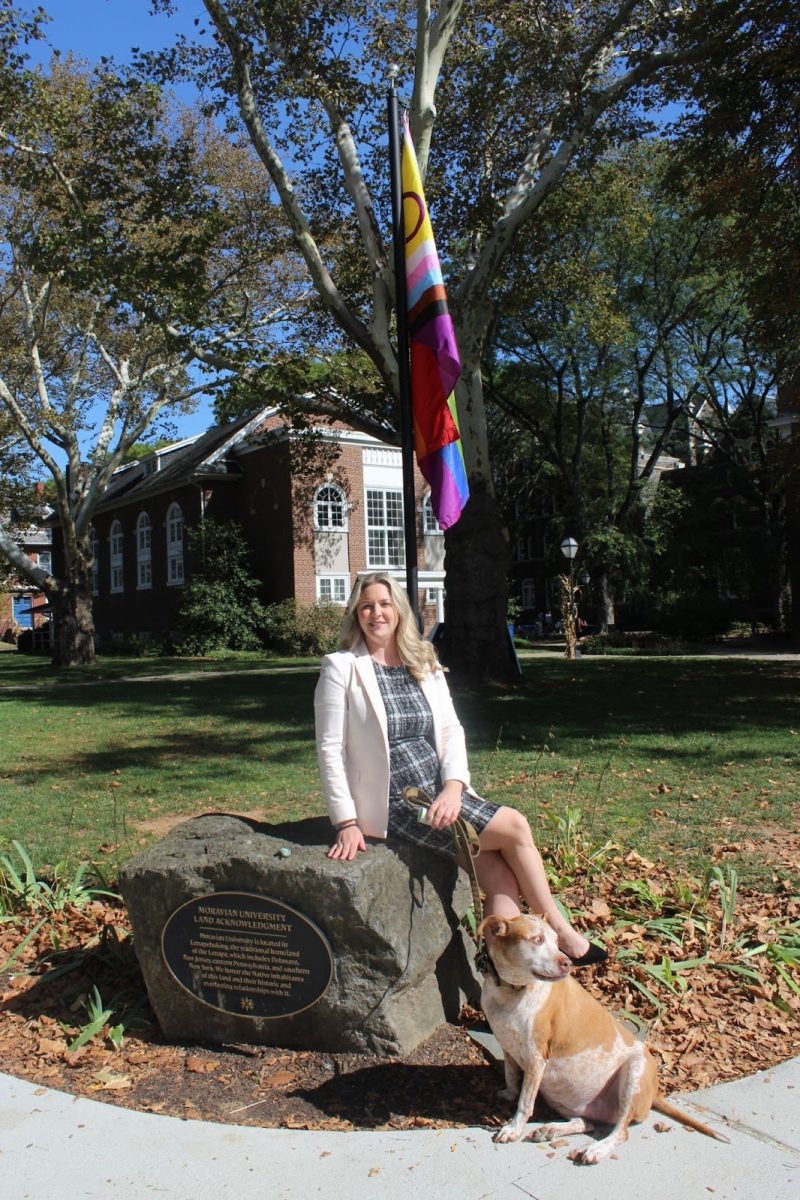
Studying abroad is often divided into phases, including the honeymoon and crisis stages – but I don’t hear people talking about the aftermath of returning to a normal life.
My study abroad experience in Italy was the best four months of my life, and then I came back home like nothing ever happened. My friends kept making big decisions, people graduated and moved away, and I felt like I just skipped a few episodes in everyone else’s lives.
Studying abroad can also be extremely isolating. When you’re abroad, you talk to friends there; when you’re home, you tend to talk to those local to you. The dramatic switch between talking to some people every day to then only once a month is jarring; you develop bonds that change your life, and then you just leave and are likely never to see these people again.
Life was so hectically busy in Italy: weekend trips, museum hopping, meeting new people every night, and then I came back home to Dingmans Ferry, Pennsylvania.
I dream of Florence every night. I think of Piazzale Michelangelo, the pizza, the culture, and the ever-present scent of cigarettes, and I want to be back there so desperately.
I personally expected to struggle when moving abroad, not after returning home. Everything feels wrong: grocery stores are too big, too expensive, too spread out. It feels like no one gets the experiences that I’ve lived – that they don’t understand how much of the world I’ve seen and how life-changing that is.
Studying abroad reshaped who I am — I feel more independent, more politically aware, more flexible. I survived a train strike, was stuck in a different city the day before midterms, and made my way home. Coming home, I feel like I don’t quite fit my “old” life anymore.
The grief of endings has always been a struggle for me. Florence was more than a trip, and I left behind my favorite cafés, international friends, and moments I will never forget.
However, you must move on in life. So, when I’m sad and missing Italy, I read through my Florence sketchbooks and journals, reach out to a friend from Italy, or start thinking of my next trip. It might take a while, but I know I’ll get back to Florence eventually, and that makes me feel better.
Don’t cope in an unhealthy manner, as easy as it seems. Don’t withdraw into yourself or dismiss your feelings: they’re valid, and moving back and forth between a foreign country is a big deal!
Try eating a food that reminds you of your host country – for me, I love tiramisu and a cheesy pasta recipe I used to make myself for a cheap dinner when I was in Italy. Just the process of cooking the meal brings me back to my communal basement kitchen.
When people ask me how Italy was, they don’t ask questions. I disappeared for four months, and all I get to say about it is, “Italy was good!” And, there’s an additional pressure to present study abroad as only wonderful.
Of course, I had hard times in Italy – I got sick, felt lonely and anxious, but the entire experience is so romanticized within my head, to the point I miss it with every fiber of my being, even the “bad” memories.
Dismissing this sadness as just the “post-trip blues” misses the point. The crash matters because it reveals something bigger: how deeply place and culture shape our mental health and happiness in general. Humans thrive on novelty, challenge, and community; study abroad compresses all of that into one intense experience, and leaving it means losing those sources of energy.
Acknowledging the depression that can follow doesn’t diminish the value of studying abroad, but highlights how meaningful it was. Feeling the crash means the experience mattered.
Over time, I’ve heard (and I hope) that the intensity of post-study abroad depression fades. What remains are your experiences: the independence gained, the perspective widened, the friendships formed. The highs and lows level out into something steadier, and the experience abroad becomes a part of who you are rather than something separate.
The crash can feel overwhelming in the moment, but it’s also a reminder of how alive you felt during that time. Rather than seeing the sadness as a flaw, it can be seen as a marker of how fully you engaged with your life abroad.








Sara McClelland • Aug 30, 2025 at 3:09 am
Thank you for sharing, Liz. This is definitely a part of study abroad (both long term and even sometimes short term experiences). I appreciate your openness in drawing attention to these feelings so others know that they’re not alone if they have these feelings when getting home after studying abroad.
I’ve also been surprised by having digestive issues when I return home (as opposed to being abroad). I think we usually expect that when we travel, not when we come home. But, I’ve learned it’s a pretty common experience for returning home too.
I’m so glad you made wonderful memories – I know you’ll be back there one day (hopefully soon!).